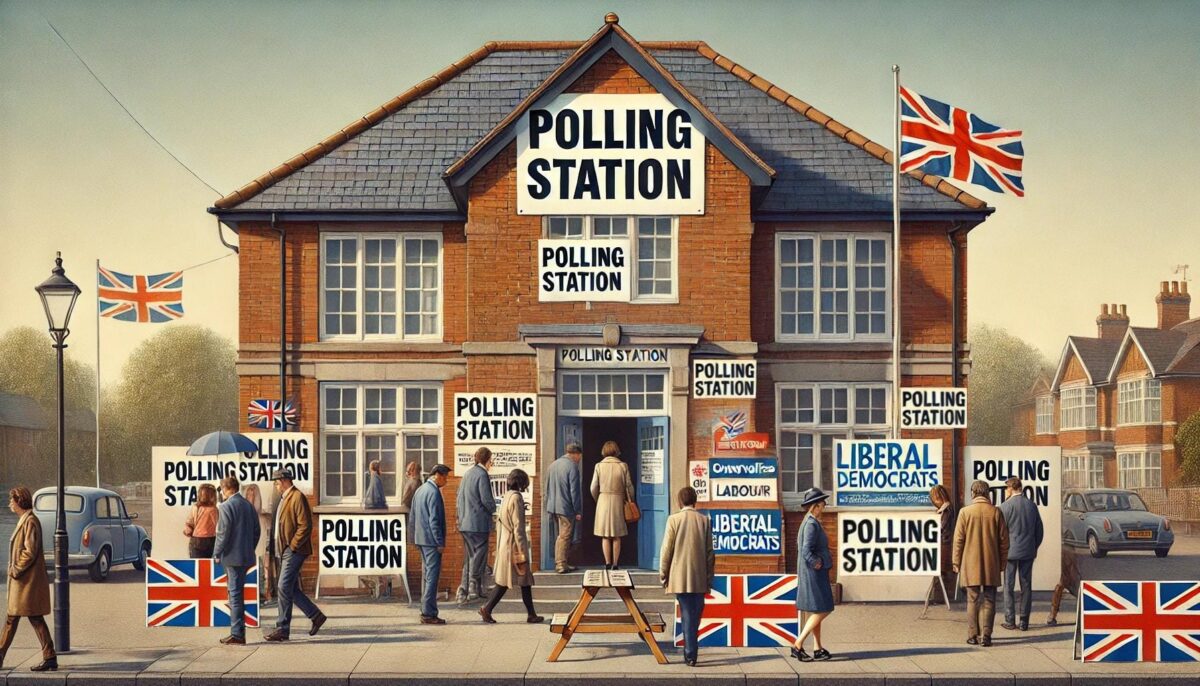The missed-conceptions of the welfare state
SUGGESTED



Intergenerational transfers within families (that is the younger generation working and helping to look after the older generation) cannot be expropriated in the way that the property accumulated in capital accounts can be. No wonder they are a popular means of providing for old age in under-developed countries.
In countries without a welfare state but with good property rights protection, families can make their own decisions. They can decide whether to have more children, accumulate capital with which a pension can be bought or combine the two.
In countries with a welfare state, however, children become “public goods”. My children will pay your pension and your children will pay my pension. The usual public good condition of “non-excludability” has been artificially created. Nobody has any direct incentive to either save (because we get retirement provision from the state) or to have children (because in the state pay-as-you-go system, as opposed to the family one, we can all rely on everybody else to have children – so nobody does!).
I can see some of my Christian friends flying into a rage and accusing me of regarding children as purely economic units. But, my point is more subtle. In a free society, with a minimal welfare state, families will take decisions regarding having children for a range of reasons. Ensuring economic security can form part of our reasoning. Sometimes people will not be able to disentangle the reasons they have children themselves – we do not necessarily sit down and make rational calculations. However, a pay-as-you-go state pension scheme provides strong financial incentives to take one particular course of action. Do people respond to incentives in this way? Yes they do. One of the authors of our monograph, Pension Provision: Government Failure Around the World, provides convincing evidence.
6 thoughts on “The missed-conceptions of the welfare state”
Comments are closed.





One of the problems for a reasonably well-off parent is trying not to ’spoil’ teenage children, even when one could obviously afford to do so. In other words, part of being a parent is letting children grow up into independent responsible adults.
The UK state is on the brink of bankruptcy. It permits about 20 per cent of children to leave the state schooling system virtually illiterate and innumerate. It seems to positively welcome everyone being ‘dependent’ on political decisions made collectively.
While it makes sense for adult tax-payers to have a vote, that is, a say in how their money is spent, why should tax-receivers?
One of the problems for a reasonably well-off parent is trying not to ’spoil’ teenage children, even when one could obviously afford to do so. In other words, part of being a parent is letting children grow up into independent responsible adults.
The UK state is on the brink of bankruptcy. It permits about 20 per cent of children to leave the state schooling system virtually illiterate and innumerate. It seems to positively welcome everyone being ‘dependent’ on political decisions made collectively.
While it makes sense for adult tax-payers to have a vote, that is, a say in how their money is spent, why should tax-receivers?
Still, if the state stepped out of the pension business in the developed world, I would hope that the share of private savings in providing for old age would approach 100%, and that the share of having children for this end would approach 0%. If parents have children for economic reasons, even if that is just one factor among many and if it’s purely unconscious, then I don’t believe these children will be very happy ones. If economics play any role at all, it still means that there will be ‘marginal parents’ who would otherwise not have wanted children.
Still, if the state stepped out of the pension business in the developed world, I would hope that the share of private savings in providing for old age would approach 100%, and that the share of having children for this end would approach 0%. If parents have children for economic reasons, even if that is just one factor among many and if it’s purely unconscious, then I don’t believe these children will be very happy ones. If economics play any role at all, it still means that there will be ‘marginal parents’ who would otherwise not have wanted children.
I think this is just a bit too rationalist-constructivist, Kris. I think it is reasonable for families to think of themselves as social units and take decisions (often without rationalising the process) which both build and assume bonds of reciprocity within the family. Of course, they should not use moral blackmail when the child is older: “you can’t leave home Fred because we only had you to pay for your mother’s pension!”. But, I think these tacit, informal bonds are important and if they all disappeared to be replaced by capital accounts much would go with them. Would you say the same about personal care for the elderly (which even if Britain is 70% provided by family and friends)?
I think this is just a bit too rationalist-constructivist, Kris. I think it is reasonable for families to think of themselves as social units and take decisions (often without rationalising the process) which both build and assume bonds of reciprocity within the family. Of course, they should not use moral blackmail when the child is older: “you can’t leave home Fred because we only had you to pay for your mother’s pension!”. But, I think these tacit, informal bonds are important and if they all disappeared to be replaced by capital accounts much would go with them. Would you say the same about personal care for the elderly (which even if Britain is 70% provided by family and friends)?